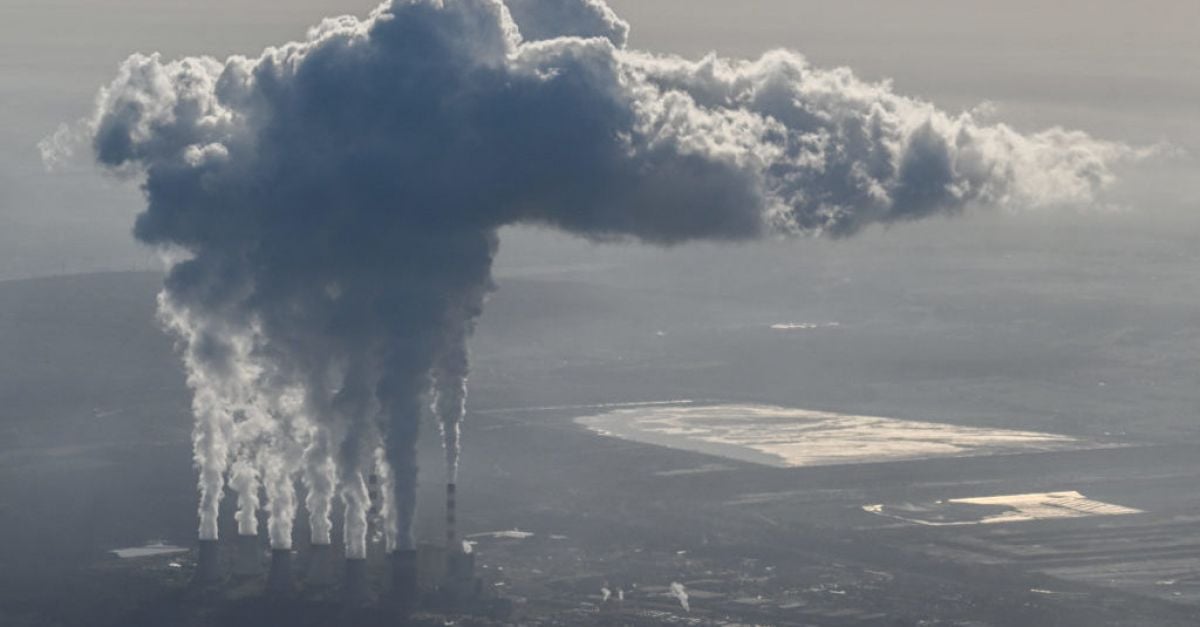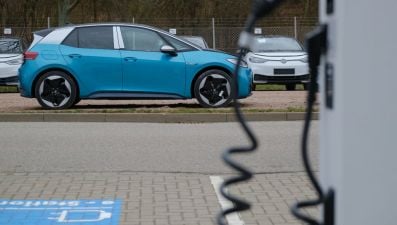Bussiness
EV rumours v reality: Don’t electric cars pollute more than regular ones and aren’t better alternatives on the way? | BreakingNews.ie

Breakingnews.ie is attempting to break down the misinformation, half-truths, and plain old panic that surrounds electric cars right now. Here we look at the assertion:
“EV’s pollute more than ICE (petrol and diesel) cars. EVs just shift emissions from the roads to power stations. They are only a phase anyway, with better alternatives on the way.”
The whole ‘EVs pollute more than petrol cars’ chatter does contain a tiny kernel of fact — that it takes more energy to make an EV, especially its battery, than it does to make a car with a petrol or diesel engine.
In theory, then, that puts EVs in ‘debit’ for emissions, and you have to drive them a long, long way for their zero local emissions to put that right. One study, carried out by Polestar, showed that figure to be 50,000km.
Now, we need to unpick all that. Polestar’s study was carried out two years ago, and the goalposts have moved considerably since then. As the energy grid takes in more and more renewable power — and Ireland saw 41 per cent of its electricity generation coming from renewable sources last year — that mileage figure comes down and down and down.
Equally, the way EVs are being made is changing, and fast.
“Our European factory in Žilina, Slovakia is fully powered by renewable energy,” says Ronan Flood from Kia Ireland. “Our partnership with the Ocean Cleanup is helping us to take recycled waste from the ocean and upcycle it for use in our vehicle production. In fact, 34kg of upcycled and recycled material currently go into each of our EVs and this will grow to 20 per cent of all our plastic use by 2030.”
Kia’s European factory in Žilina, Slovakia is fully powered by renewable energy
As Audi Ireland’s Damien O’Sullivan points out: “The aim is to develop and produce vehicles in a more resource-efficient and recycling-friendly manner, to keep them in use for as long as possible, and to recycle them to the best possible extent at the end of life.”
Do EVs shift emissions to power stations? Well, possibly, but that’s a good thing too, as power generation is going to shift evermore towards renewables, plus having lots of EVs charging up at night at home means that there’s somewhere for all the wind power currently available at night to go, as currently most of that is going to waste.
Synthetic fuel alternatives
Don’t bet big on synthetic fuels either. The technology for making them — especially the most efficient stuff, which takes carbon out of the air and combines it with hydrogen to make a hydrocarbon fuel — is still very young, and very expensive.
Porsche has developed a synthetic fuel for its racing cars, but the production numbers are still tiny and the fuel is very expensive.
Right now, even the best estimates show that synthetic fuel would cost €1.40 per litre before taxes, whereas current fossil fuels only cost around 78c per litre before taxes. It’s a long road to get enough synthetic fuel production set up to provide the kinds of volumes that we’d need, whereas electricity is already everywhere.
And a fad? Don’t bet on it. Pierre Boutin, chief executive of Volkswagen Group in Ireland represents one of the biggest car makers in the world, with turnover and profits in the billions of Euro, and hundreds of thousands of employees.

Pierre Boutin, chief executive of Volkswagen Group in Ireland
And he knows which way the EV wind is blowing: “We firmly believe electric vehicles are the best way to decarbonise the transport sector,” said Boutin.
“Out of the €180 billion designated for research and development in 2023, Volkswagen Group is allocating two-thirds to electrification and digitalisation. Strong decisions are needed to make the transformation happen, and we are fully committed to e-mobility.”
Even those companies which reckon EVs aren’t quite right for everyone right now acknowledge that this is all going only one way.

Helen Westby, managing director of BMW Ireland

Special Report
EV rumours v reality: Are EVs too expensive to buy…
Helen Westby, managing director of BMW Ireland told Breakingnews.ie: “I think it’s critical that we actually move forward with electric and Oliver Zipse, chairman of the board of management for BMW Group expressed what I thought really was a sobering thought — he said: ‘How we respond to climate change, and how we handle the limited resources available will decide the future of society.’
“So I think we all know the reason why we need to change to electric and, for me, today’s about redressing that balance and making sure that we look at the truth around what’s happening with electric vehicles from both sides.
“We’re not here to argue about any of the claims that anybody’s made. You just want to make sure we address that balance. I would also say that currently, and I did underline currently 100 times in my notes, electric vehicles may not be for everyone.
“But moving forward, as we extend the range of our vehicles and the infrastructure we have here in Ireland improves, I think it will be the powertrain of choice.”










